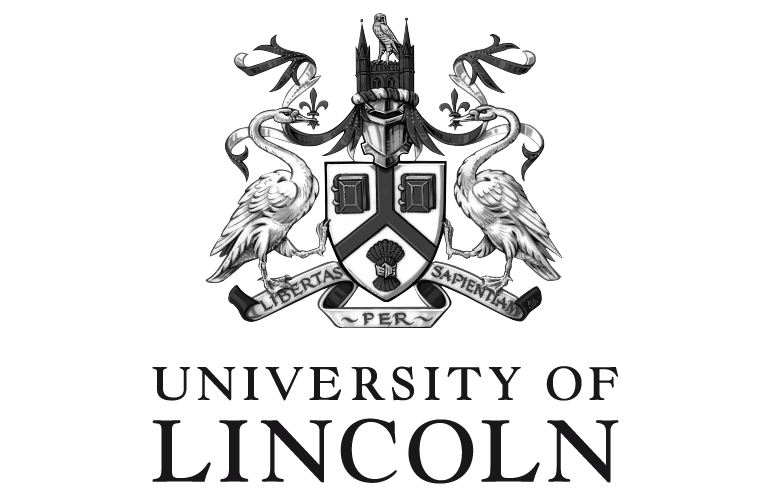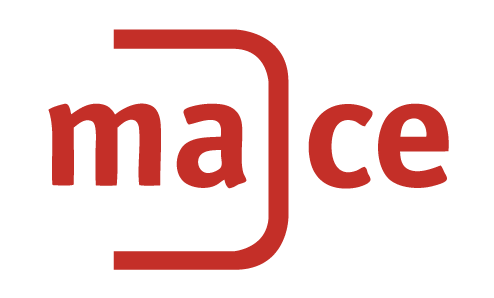Monday 3 June, 4.15pm
Divided Memories
LPAC Studio X
Elio Catania (Laboratorio Lapsus)
‘Chilean refugees in Italy. Interpreting difficult heritage through collaborative practices’
Abstract
Sopra il vostro settembre is a collaborative web-documentary and online archive. It aims to bring to the forefront a host of stories representing the collective memory of those who went through the repression, the resistance, the exile and the return of around one million political refugees in the 17 years of the dictatorship of Augusto Pinochet in Chile. Drawing on the interviews to Chilean political refugees in Italy, the project examines the complex, divisive and difficult heritage of the 1973 coup, the participation in the resistance and the cultural shock of the exile. It also attempts to outline a new account and to bring to the forefront suppressed voices, especially those dissonant with the received narrative imposed by the Chilean regime during the transition to democracy (1988-91). Sopra il Vostro Settembre is a crowdfunded, public-oriented historical project composed by an 11 episode documentary which was released in various episodes from September 2018 to January 2019; a digital archive with interviews and documents from the personal collections of the interviewees, and a website to connect the refugee community with a wider public. The presentation also explores the role of co-creation and digital technologies in addressing the difficult memorialisation of the infamous “pacto del olvido” (oblivion pact): the post-dictatorial normalisation and ‘taming’ of collective memory, in order to prevent free expression of dissent and avoid public figures being trialled. The strong collaborative approach, focused on the participation of the interviewees in the construction of the narration, is key in enabling a meaningful investigation on the construction of a public memory in the South American country after the military dictatorship, and also in exploring uncharted territories, such as the resistance to the military juntas.

Elio Catania
Researcher/Education Manager
Laboratorio Lapsus
Elio Catania has a bachelor degree in contemporary history from the Universita degli Studi di Modena e Reggio Emilia, and is a co-founder of Laboratorio Lapsus, a not-for-profit organisation with the aim of researching contemporary history and promoting a better understanding of it. Started working on Chilean memory refugees in 2017 and published “Sopra il vostro settembre” in 2019.
Dan Ellin (University of Lincoln)
‘Which dot was a firestorm? Visualising data to challenge perceptions of the bombing war 1939-1945 at the International Bomber Command Centre’
Abstract
The history of Bomber Command is considered difficult heritage, and is frequently reduced to binary narratives of the heroes who destroyed the Eder and Möhne dams, or the villains who destroyed Dresden by firestorm. Rather than being judgmental however, the International Bomber Command Centre (IBCC) aims to promote recognition, remembrance and reconciliation. Taking an inclusive approach to the heritage of the bombing war, its exhibition is based on material held in its digital archive, and incorporates multiple perspectives and shared experiences – on the ground and in the air, military and civilian, and on both sides of the conflict. The exhibition was designed following the belief that ‘The most effective interpretation is provocative rather than instructional, encouraging audiences to ask questions about what they have learned’ (Locker, 2011. p. 54*). To encourage its visitors to question their understanding of Bomber Command’s campaigns during the Second World War, the RAF’s bombing operations were placed in the context of other strategic bombing campaigns in Europe via a visualisation of data taken from multiple sources. A seven meter screen shows a ten minute projection of the strategic bombing campaigns in Europe 1939 – 1945, and the resulting animated map replaces the more traditional museum timeline in the exhibition. It shows the escalation of the bombing and portrays how widespread it became. The interpretation effectively challenges the popular narrative of blame and retaliation by hiding the attacks on the Dams and Dresden in the visual ‘noise’. This paper discusses how such an interpretation of data can illustrate and/or question abstract concepts of difficult heritage and convey the bigger picture to exhibition visitors, and how visualisations of data can supersede traditional graphic panels of text or still images in museums and exhibitions.
*Locker, P. 2011. Exhibition Design. London: AVA Academia.

Dr Dan Ellin
Archivist, IBCC Digital Archive
University of Lincoln
Dan Ellin was responsible for the content of the International Bomber Command Centre’s exhibition. He continues to work building an open-access digital archive containing over 1,000 newly created oral history interviews with veterans and survivors of the bombing war, as well as collections of letters, diaries, logbooks and photographs.
Zeno Gaiaschi (Laboratorio Lapsus)
‘Italian internees in Germany. Using technology to explore Italy’s difficulty past’
Abstract
The fact that Italians had responsibilities in the deportation and internment of tens of thousands of people during WWII still constitutes a problematic legacy. Public discourse struggles to come to terms with the country’s past, and celebrations are too often based on stereotypes and narratives self-insulating from refutation. Education providers hardly tackle this topic, in doing so reinforcing the long-standing myth of “good-natured Italian versus blood-thirsty German”. Even less attention is given to the consequences for today’s society, namely the rise of negationist and revisionist stances. In 2018, Laboratorio Lapsus and ANED (National Association of former Deportees in Nazi camps) have designed and delivered an online training course on deportations and their difficult post-war memorialisation. This partnership has allowed the development of a user friendly, usable tool specifically aimed at under-20s. It combines history lectures in video format, testimonies of survivors, and digitised documents. Within its 38 thematic units, the course examines the complex system of concentration and extermination camps, the planning of mass deportations, the creation of categories of “undesirables” among the population, opportunism and collaboration, as well as the exploitation of the internees subjected to slave labour. The presentation will explore the challenges at the intersection between cultural heritage digitisation, difficult heritage, and compulsory schooling, also highlighting how the course can be a way to engage meaningfully with part of the nation’s heritage that would otherwise be neglected and lost. It will also outline the challenges of the opportunities of a partnership between ANED (with its 70-year-long effort to keep alive the memory of the deportations) and the digital-based, public-oriented approach of Lapsus. Lesson learned can be relevant to other comparable initiatives. The course, to be released in the in the first half of 2019, will be presented for the first time outside Italy.

Zeno Gaiaschi
Project Manager/Researcher
Laboratorio Lapsus
Zeno Gaiaschi, bachelor degree in contemporary history, is a co-founder of Laboatorio Lapsus, a not-for-profit organisation with the aim of researching contemporary history and promote a better understanding of it. Since 2018 Zeno is the project manager about the online training course on nazifasci deportation in Europe.








